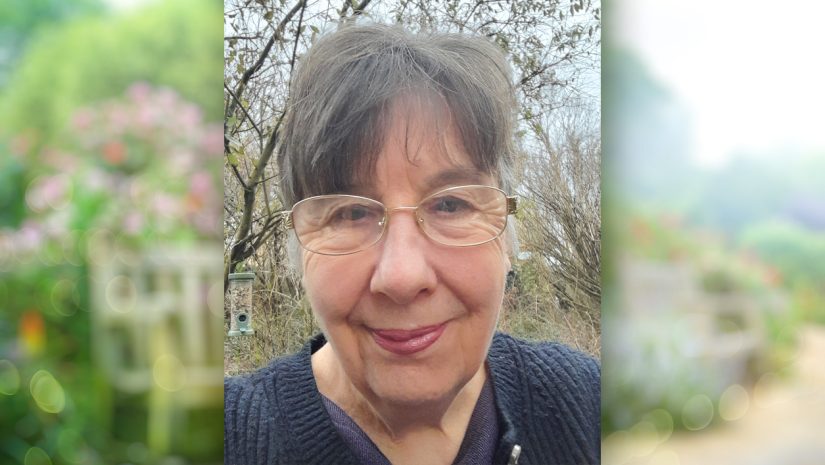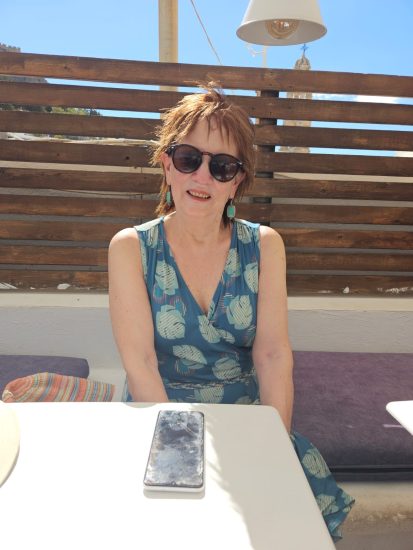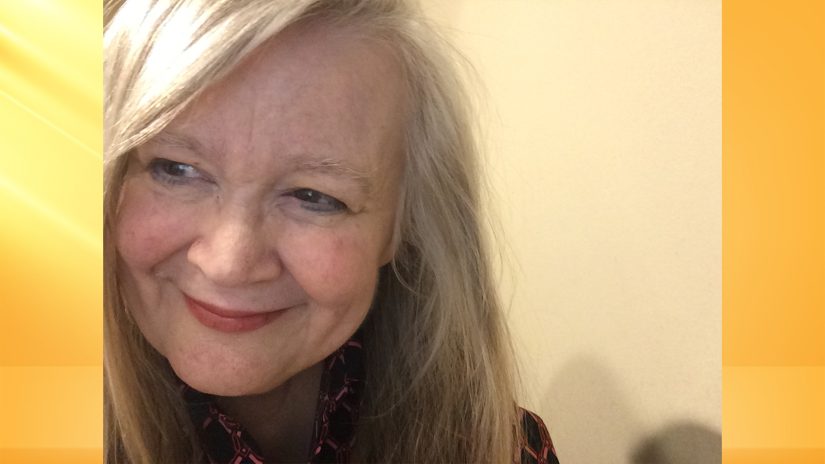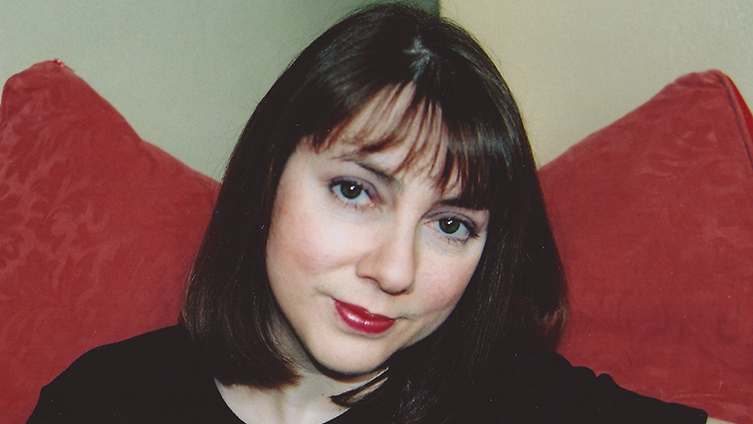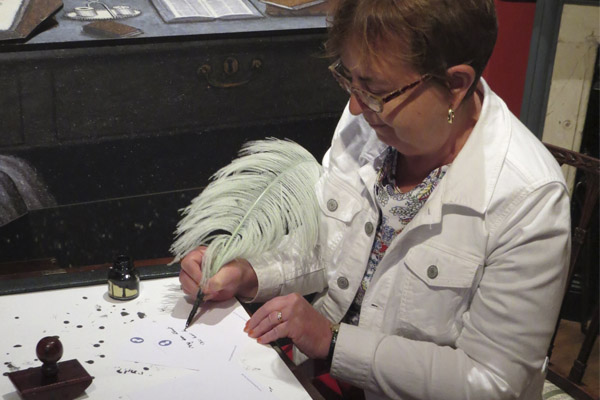
This week, our Writer Of The Week is Merilee Robson. Merilee’s long read, “A Summer Place”, appears in our latest Special.
Tell us about your writing life, Merrilee. How did you get started?
I can’t remember a time when I wasn’t making up stories. I wrote my first mystery novel when I was around eleven. It was very short, written in pencil in a scribbler, and had such a complicated plot that I had to invent a look-alike character to explain the whole thing. I like to think my plotting has improved since then.
I published several short stories in literary and other magazines while I was in university. I’ve written a lot of non-fiction pieces over the years. Then I decided to return to my first love – mystery – about 10 years ago.
My first mystery novel, “Murder is Uncooperative”, which is set in a Vancouver housing co-op, was published in 2016.
I’ve been working on both a sequel to that and on a historical mystery set in the month before the start of WWI. In addition to the “Friend”, I’ve sold stories to Ellery Queen Mystery Magazine and Alfred Hitchcock Mystery Magazine, as well as a number of anthologies.
Your long read appears in our Summer Special, on sale July 7 – is this your first published “Friend” long read? Do you often write longer-length stories?
This is my second long read for The People’s Friend Special. “The Flamingo Diamond” was published in August 2019.
I’ve written stories under a thousand and up to 10,000 words. Most of my stories tend to be in the 4,000 – 5,000-word range.
But the long read does give space to explore characters and their relationships in a way that shorter pieces can’t.
Do you belong to a writers’ group?
I belong to several writers’ associations. I spent two years on the Board of Crime Writers of Canada, which is a national association which promoted Canadian crime writing.
And I’m on the executive of our local Canada West chapter of Sisters in Crime, an international association formed because the founders believed women crime writers were not getting the attention they deserved. Both of these organisations provide essential education and advice for aspiring writers as well as professional members, as do similar UK organisations.
I also belong to the Short Mystery Fiction Society, a free online discussion group which has been a great source of information about writing and publishing short mystery stories.
Who are some of your favourite authors? Any favourite classic novels?
Gail Bowen is a wonderful Canadian mystery writer. Her Joanne Kilbourn series, set in Saskatchewan, is now up to 20 novels. I’ll read anything by Elly Griffiths but I particularly love her Ruth Galloway books because I’m fascinated by forensic anthropology.
I grew up reading Mary Stewart’s romantic suspense novels and I’d love to write a book like that one day.
Of course I devoured Nancy Drew mysteries and read Enid Blyton adventures but the book that is most memorable for me from childhood was “Anne of Green Gables“.
I remember my teacher reading it to us in our class and desperately wanting to know what came next. And I re-read all the Jane Austen novels from time to time and wish there were more of them. (And, yes, Colin Firth is the best film Darcy.)
What made you decide to try writing for the “Friend”?
I submitted one story to the “Friend” and it was rejected. But when I was writing “The Flamingo Diamond” I thought it was the kind of story “Friend” readers would like to read, and happily the editors agreed. And now I’m Writer Of The Week!
The new story is set in the kind of small lakeside vacation town I grew up in and still visit in British Columbia. I thought “Friend” readers would appreciate a story of family connections and old friendships in a small, struggling community.
Notebook and pencil, or laptop? Kitchen table, or study? Blank wall, or inspiring view?
Definitely laptop. I do have a small office but I most often just write in the living room with a cat or two on my lap or nearby.
And a PS – what’s your one top tip for an aspiring “Friend” Writer Of The Week?
My one tip for aspiring “Friends” authors is to submit your stories. Do what everyone tells you – take courses, study what kind of stories get published, polish your work, let it rest for a while and look at it with fresh eyes, and make sure there are no typos.
But the thing that will get you published is finishing your story and submitting it. This doesn’t mean you are guaranteed to be published but I can guarantee that you won’t be if you don’t submit.
I’ve met any number of people who don’t take that step because they are afraid that their story isn’t any good or they worry about rejection.
Sure, rejection hurts but it doesn’t mean your story is bad. It might be that the editor has just accepted a story on a similar theme. So get your story written and press “send” on that email. Getting an acceptance from a magazine and then seeing your story in print is pretty wonderful. Good luck!
For more from our Writer Of The Week series, click the tag below.

